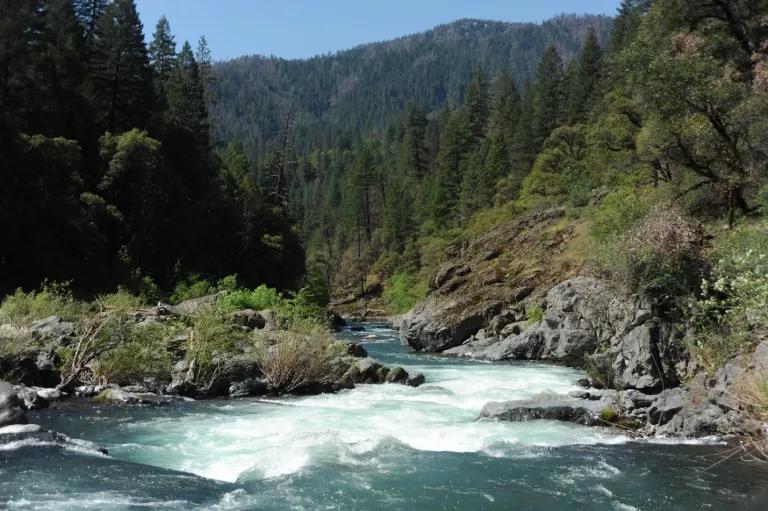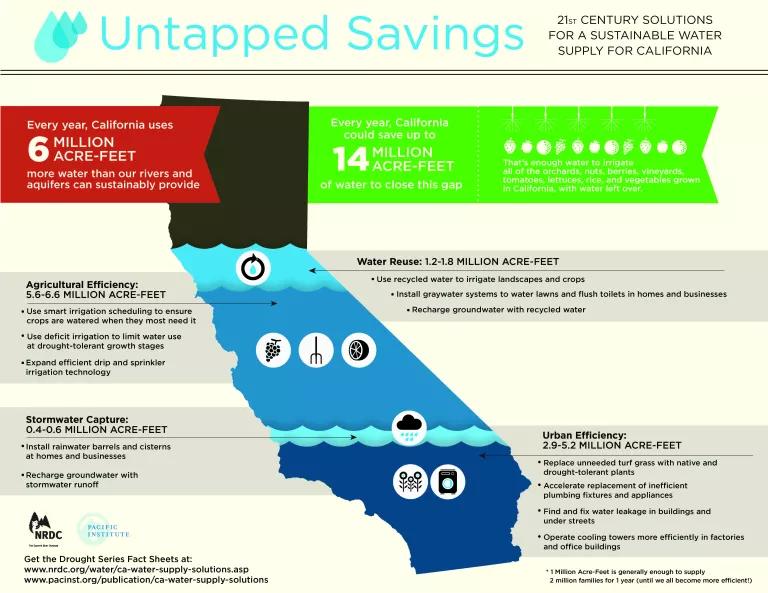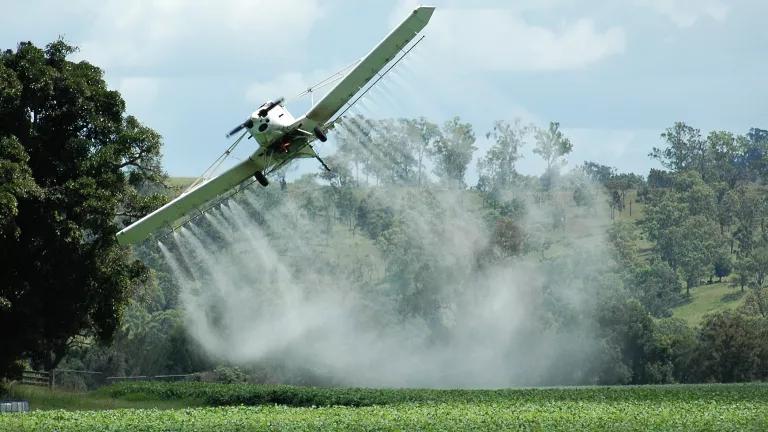Settlements Constrain Efforts to Enlarge Shasta Dam
California’s Attorney General, a coalition of fishing and environmental organizations that includes NRDC, and Westlands Water District settled lawsuits on terms that will help ensure Westlands does not assist with the ill-conceived plan to raise Shasta Dam.

Shasta Dam on the Sacramento River at Lake Shasta
Kelly M. Grow/California Department of Water Resources
This week, California’s Attorney General and a coalition of fishing and conservation groups that includes NRDC settled lawsuits brought against Westlands Water District on terms that will help ensure Westlands does not assist in the U.S. Bureau of Reclamation's ill-conceived effort to enlarge Shasta Dam. The proposed settlements, which await entry by the court, come on the heels of the California Supreme Court’s decision upholding a preliminary injunction obtained by the Attorney General, which the trial court granted after finding that raising Shasta Dam likely would violate State law, and which prevented Westlands from moving forward with a California Environmental Quality Act (CEQA) process undertaken to facilitate the dam's enlargement.
The lawsuits alleged that Westlands’ efforts to assist Reclamation are prohibited by California’s Wild and Scenic River Act, which protects the “extraordinary resources” of the McCloud River. Specifically, the law prohibits agencies of the State, including Westlands, from assisting or cooperating with planning or construction of any dam that could adversely affect the McCloud river’s free-flowing condition or wild trout fishery. Enlarging Shasta Dam would:
- Degrade the lower reaches of the wild and free-flowing McCloud River
- Harm the river’s world-renowned wild trout fishery
- Destroy ancestral tribal lands and sacred sites
- Further degrade downstream habitat of endangered and threatened Chinook salmon
The settlements are an important step in preventing these harms from ever occurring. It is also a victory in the fight to protect the native salmon runs of the Sacramento River and San Francisco Bay-Delta, as well as the commercial, recreational, and subsistence salmon fishermen, from the harms that would be caused by an enlarged Shasta Dam.

McCloud River above Shasta Reservoir
Under the settlements, Westlands agrees it will not engage any of the following activities if doing so would violate California’s Wild and Scenic Rivers Act:
- Initiate preparation of an environmental impact report or other environmental review document pursuant to CEQA for a project to raise Shasta Dam;
- Enter into any agreement to fund, directly or indirectly, the raising of Shasta Dam;
- Enter into any other agreement that would assist any agency of the federal, state, or local government in the planning or construction of the raising of Shasta Dam; or
- Acquire additional real property to facilitate the raising of Shasta Dam.
Westlands' agreement not to engage in any of these activities upsets Reclamation’s schedule to begin construction of an enlarged Shasta Dam in 2019. Under Federal law, Reclamation cannot enlarge Shasta Dam unless local cost-share partners agree to foot at least 50% of the bill. Reclamation has been looking for cost-share partners to raise Shasta Dam for years.
Until now, Westlands, a former client of Interior Secretary David Bernhardt, appeared to be Reclamation’s most likely partner. In late 2018, Westlands initiated the planning process necessary under CEQA to fill that role. Around that time, Reclamation announced its intention to have a cost-share partner in place by August 2019 and construction underway by December. Thanks to Attorney General Xavier Becerra and the coalition of fishing and environmental organizations, Westlands’ and Reclamation’s efforts have stalled: A cost-share partner has yet to be found, and it appears unlikely that construction will begin in the near future, if at all.
But the fight is not over. California’s rivers are already overtapped and its fisheries are declining. Climate change is expected to make these problems worse. Rather than turning to 20th century solutions like bigger and more dams, its time to invest in alternatives that reduce our unsustainable reliance on the Sacramento River and help to restore California’s valuable salmon fisheries. Fortunately, there are alternatives to outdated dams that wreak havoc on our environment. These include increasing agricultural water use efficiency and improving existing south-of-delta storage, including by recharging groundwater supplies. Together these solutions can enhance California’s developed water supply while simultaneously protecting the health and well-being of our environment.

Opportunities to Ensure Water Supply for All Californians
This blog provides general information, not legal advice. If you need legal help, please consult a lawyer in your state.

